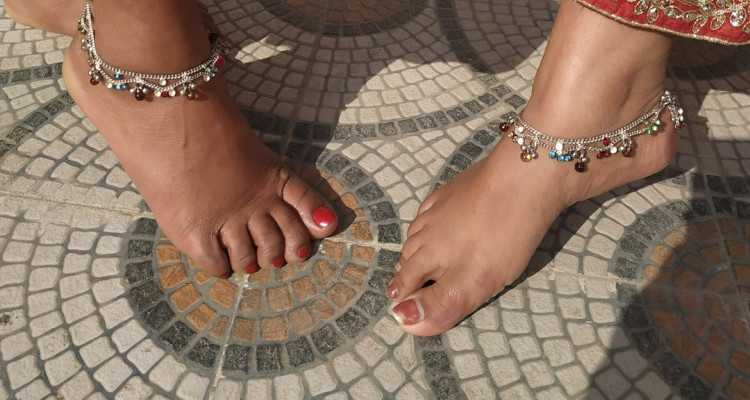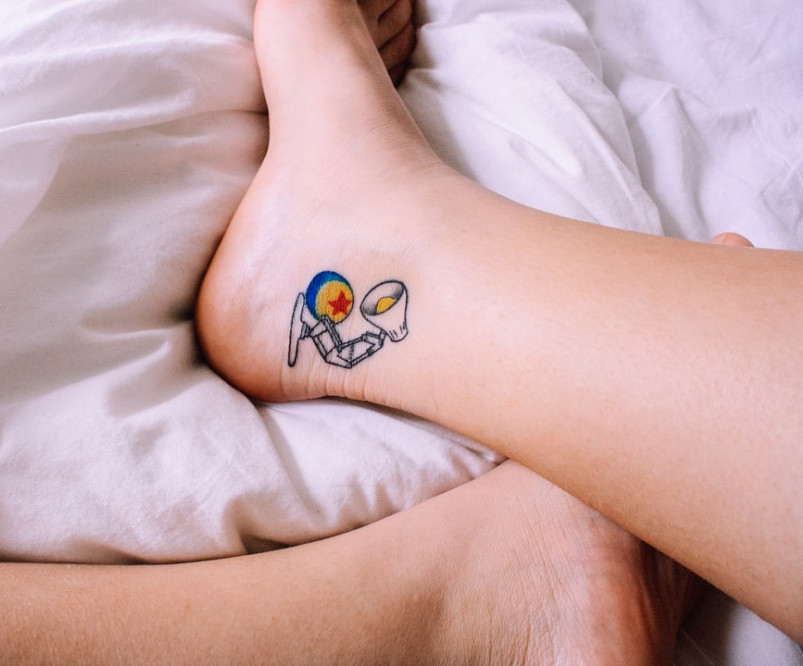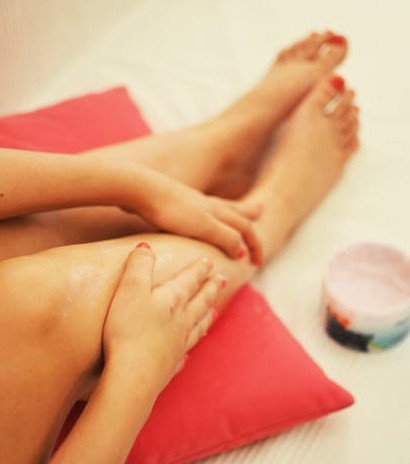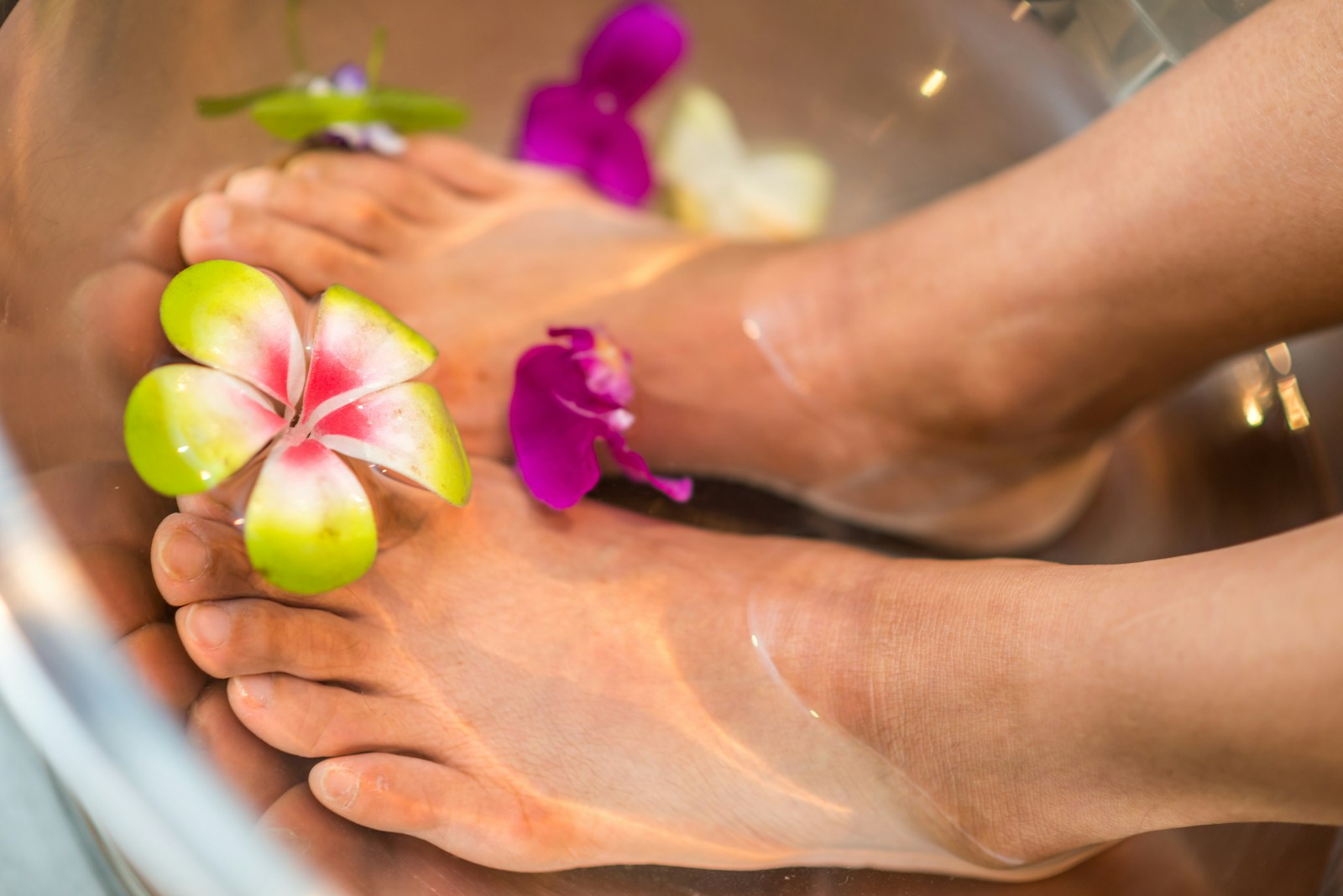
You may have noticed that your legs, ankles and feet swell up in addition to other parts of your body like the face and fingers following delivery and if you have been wondering why it is so please read on.
Your body accumulates fluid from the time you are confirmed pregnant to the point of delivery. Following delivery the body will now take some time to shed these excess fluid but before then it shows up as swelling and edema in different parts of the body before the body system through the kidneys and evaporation through the skin begins the process of getting rid of them.
Postpartum edema or swelling is this puffiness that develops in the dependent and occasionally the non dependent parts of your body following delivery resulting from excess fluid accumulation in the extra vascular spaces.
In the majority of cases these swellings are normal and should resolve naturally within a week but in a few cases it may represent an ongoing illness during pregnancy that needs to be followed up postpartum and requires you to be in constant touch with your doctor.
Causes of edema postpartum
The swelling you are experiencing after you have delivered your baby is mainly due to a variety of reasons:
The extra fluid accumulation that occurs in pregnancy
This extra fluid accumulation may amount to an increase of up to 50% of your plasma volume and every system of your body is affected by this increase that may reach up to 6 liters in total.
The intravenous fluids received during the process of labor
These fluids vary in amount depending on if you had augmentation of labor, induction of labor, if you had an epidural anesthesia that requires that you receive intravenous infusion to stabilize the blood pressure or if you had a cesarean section. All these fluids that you are given add up and will be eventually removed but not before adding to the postpartum swelling
Hormones of pregnancy
One of the main effects of steroid hormones is water retention and the hormone progesterone that is elaborated much in your pregnancy has a marked effect in causing water retention during pregnancy and even after pregnancy in the postpartum period, it contributes to the swelling.
Immobility
Delivery is associated with some level of reduced activity and this reduction in your mobility enhances the accumulation of fluid especially in the dependent areas of your legs, ankles and feet.
Prolonged labor
A labor that is prolonged is associated with prolonged pushing with the head of the baby in the perineum and this affects venous return to the upper extremities and these exertions keep the fluids more in the lower extremity resulting in more of the fluid seeping from the veins into the tissues leading to edema.
Anemia and Hypoproteinemia
If you have a blood hemoglobin that is low with associated low serum protein in pregnancy. You have a high incidence of developing edema in pregnancy and after pregnancy in the postpartum period and the edema does not resolve easily until you address the problem of anemia.
High Blood Pressure
Hypertension in pregnancy when it is associated with proteinuria is a cause of swelling that affects both the upper and lower extremities. This is called preeclampsia and is a cause that needs to be dealt with appropriately to avoid eclamptic fits developing especially in the postpartum when the index of suspicion is lowered as the baby has been delivered and every one assumes everything is now okay.
Types of edema
For your appreciation of postpartum swelling to be placed in proper perspective it is important that you classify the edema you have to determine if it is one that you need not worry about or it is a swelling that requires you to seek medical attention.
As a general rule if your swelling is limited to the lower parts of your body, that is, it is a dependent edema, it generally means that it is safe for you to assume that it is purely physiological and will resolve soonest within a week or thereabout following delivery.
If the edema is in the upper extremities involving the face, arm and fingers alone or involving both the upper extremities and the lower extremities it is not likely to be purely physiological as it is now non dependent and you will need to seek medical attention as the swelling may have other underlying medical conditions as the cause and being exacerbated by pregnancy and the post delivery period.
If the swelling is unilateral either in the lower or upper extremities or is associated with pain, this is also a serious cause for concern as we may be dealing here with deep vein thrombosis (DVT), a blood clot developing in the veins that can dislodge and that can lead to fatal pulmonary embolism. You should inform your doctor about these symptoms and get prompt medical attention.
Symptoms you will experience
The common symptoms you will experience is the puffiness that is associated with the edema, the skin may be pitting in nature in which case, when you press it dimples. If the swelling is much it could be tender and shiny and occasionally the skin may break from overstretching, oozing the edema fluid from the skin.
Remedies
Though the swelling is in most cases a natural physiological reaction to pregnancy, there are a number of things you can do to remedy it or limit its impact.
Drink plenty of fluid
The body needs to be well hydrated to function well and the fluid in edema is outside the intravascular space and does not contribute to hydration status of the body. Your body holds on to this extra vascular fluid it if it is dehydrated preventing resolution of the problem. Drinking plenty of water will help the kidneys to function optimally and help excrete the excess water in the extra vascular space where the edema is localized
Eat healthy to prevent anemia and hypoproteinemia
A healthy diet is a diet rich in essential vitamins, minerals, proteins and fats which is necessary to ensure adequate haem production and in effect helps maintain the hemoglobin at levels that ensures that there is no anemia which can lead to edema.
Wear comfortable shoes and clothing
When you wear comfortable shoes and clothes that do not constrict and prevent venous return from your lower extremities it helps to prevent edema developing and also helps relieve it when it is established.
Avoid standing in a stationary position for prolonged periods
Standing or sitting for prolonged duration in a stationary position leads blood to pool in your lower extremities and moving around helps the muscles to assist in circulating the blood throughout the body and prevents pooling and swelling.
Avoid caffeine containing drinks, processed foods and fast foods
Processed foods and fast foods make you to add extra weight in pregnancy which encourages the development of edema, they also contain high amounts of sodium which leads to water retention in the body.
Caffeine leads to dehydration and prevents you from losing the excess water accumulated as it prevents the kidneys from functioning optimally.
Do mild postpartum exercises
Exercise is good for moving the excess fluid into the intravascular space to be expelled from the body as the muscles contract and the active lifestyle will prevent pooling and help resolve the swelling.
Eat potassium rich foods like banana, avocados, spinach and avoid sodium containing foods like salts
When you maintain a balance in your body between sodium that is water retaining and potassium that counteracts this, you will be unable to develop postpartum edema
Rest well and lift your legs on a pillow to aid backward flow
When you rest well it improves your blood circulation and when you add that to the lifting of your legs up on a pillow it improves blood flow and encourages the fluid to gravitate upwards where it is excreted by the kidneys.
Massage
Massage improves blood flow and helps in expelling the excess fluids in the body.
Natural diuretics and herbal teas
Natural diuretics like apples, celery, citrus, watercress when consumed helps the body to expel the excess fluids of edema and herbal teas like dandelion or hibiscus teas (ijele hibiscus tea) will help in expelling the excess water from the body.
Medical conditions to look out for
The critical issues to consider when you have edema and that requires the immediate attention of your doctor are
1 Deep Vein Thrombosis (DVT)
This is an emergency and requires immediate attention as it can result to death in a few hours if not properly addressed.
It should be suspected if the following symptoms develop in a patient
- Unilateral leg swelling
- Pain in the leg with associated edema
- Hyperemia or inflamed skin in the affected leg
- Visible veins in the swollen leg(s)
- Fatigue
2 Postpartum Cardiomyopathy
This is a sudden noticeable enlargement of the heart following delivery. It can cause sudden death. The symptoms are
- Postpartum edema
- Fatigue
- Shortness of breath
- Palpitations
- Chestpain
3 Eclampsia
Eclampsia is the development of tonic clonic convulsions in a pregnant or recently delivered mother as a result of severe hypertension. Noticeable symptoms are
- Edema pre or postpartum and involving both the upper and lower extremities
- High levels of protein in urine
- Elevated blood pressure
- Severe headaches
- Blurred vision
- Abdominal pain
- Decreased urine output
Finally
Postpartum edema is one of those complaints that resolves without notice after you have given birth and is not a serious cause for concern in the majority of women.
If you do have it postpartum you should not fret as it will resolve within a week or two if you follow recommended guidelines as I have stated above.
In the event that the edema is getting prolonged or is getting associated with symptoms signaling other postpartum complications then is the time to consult your doctor as some complications are sudden and life threatening.
Dr Mawa
To your postnatal health and freedom
mypostnatalmanagement.com
Please if you have any comments, suggestions, ideas or experience you want to share with us about postpartum edema kindly use the comment box below.



